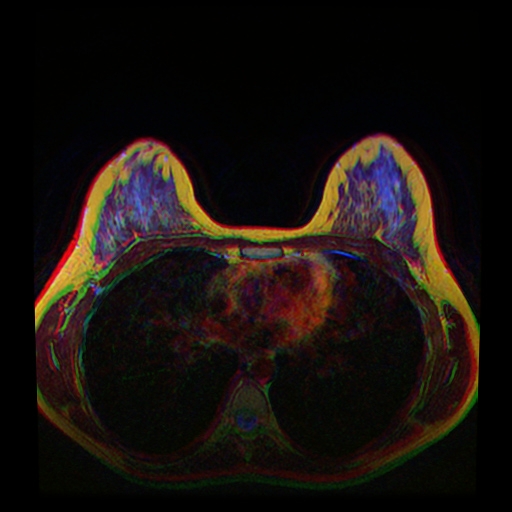
Do I need a breast MRI for breast cancer screening?
Breast cancer screening guidelines and recommendations frequently change and it can be confusing to figure out the best plan. One of the major recent points of discussion has been around dense breasts and if any additional breast cancer screening such as MRIs should be recommended in people who have denser breasts.
What does it mean if I have dense breasts and do I need to do any different or additional screening?
Breast density is a measurement of the amount of fibrous and glandular breast tissue seen on mammogram. Breasts with a higher percentage of fatty tissue and less fibrous and glandular breast tissue have less dense breasts, while those with more fibrous and glandular tissue have denser breasts. People with dense breasts have a higher risk of breast cancer and it may also be more difficult to detect small breast cancers in denser areas.
While standard mammograms still do a very good job at screening for breast cancer in people with dense breasts, 3D mammograms (also called breast tomosynthesis) can be even more helpful at seeing through denser tissue. For people with average breast cancer risk and dense breasts, yearly 3D mammograms are an effective and appropriate screening plan. However, for people with dense breasts and other factors that increase their future breast cancer risk such as family history or prior abnormal biopsies, adding breast MRIs into their screening plan can improve the effectiveness of finding breast cancer early when it’s more treatable.
How do I know if breast MRI should be part of my breast cancer screening plan?
Standard guidelines recommend alternating yearly mammograms and MRIs (meaning some type of imaging is done every 6 months) for screening for people with a lifetime breast cancer risk of greater than 20%. There are multiple different risk calculators available, which your breast imaging center or healthcare provider can use to determine your lifetime risk. There are many factors that go into these calculations, including family history, genetic predisposition to breast cancer, prior abnormal biopsies, age of starting periods/pregnancies/menopause, breast density, prior history of chest wall radiation, and others. MRI may also be recommended for people who have abnormal findings on mammogram or ultrasound that need additional imaging to better understand what’s going on.
What should I expect from an MRI if I need one?
Breast MRIs typically take 25 to 45 minutes. You’ll have an IV placed prior to the study and will be given contrast through the IV during the study to help see through the breast tissue better. While it can be loud during the study, most centers have earplugs or headphones to reduce the noise. It is not painful and you’ll go home right afterwards. Results are typically available within 24 to 48 hours after the MRI is done.



